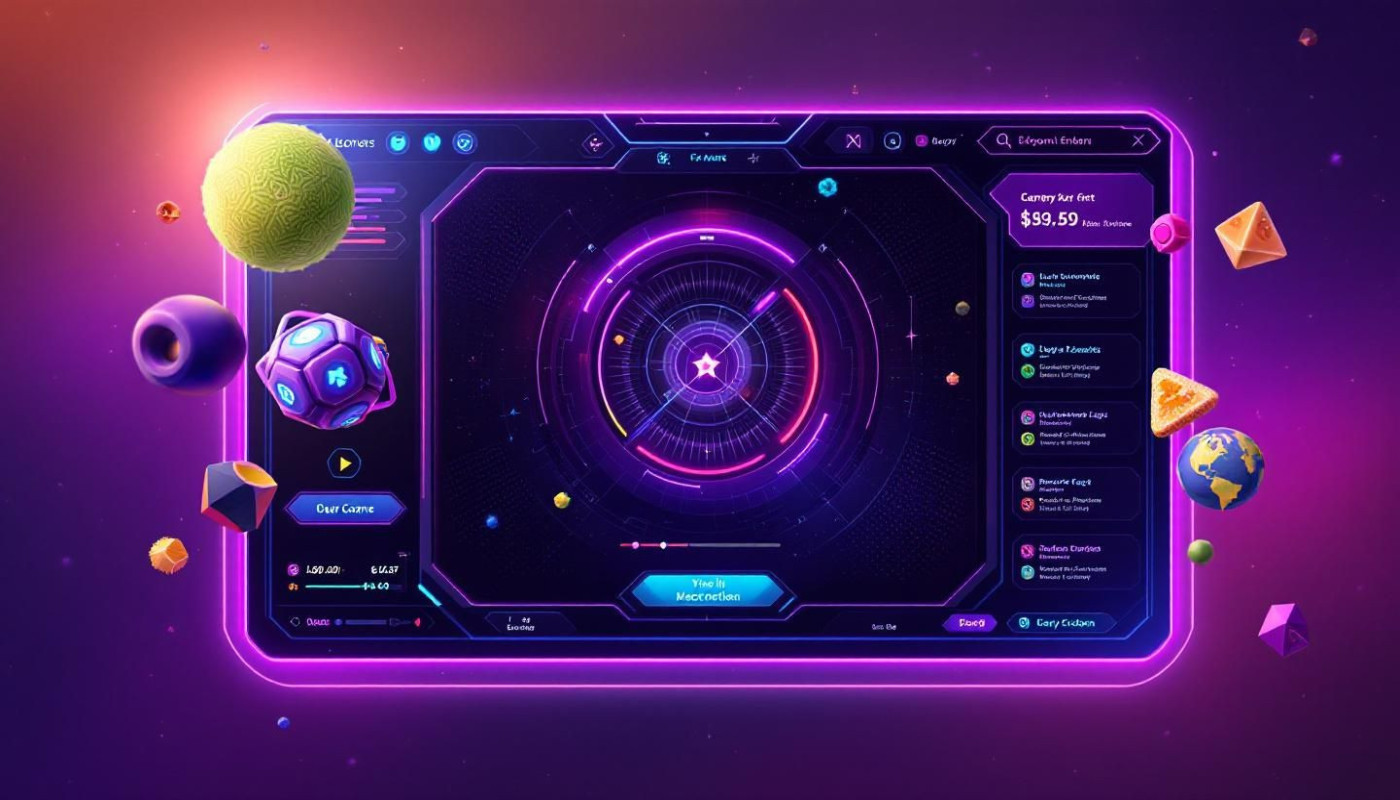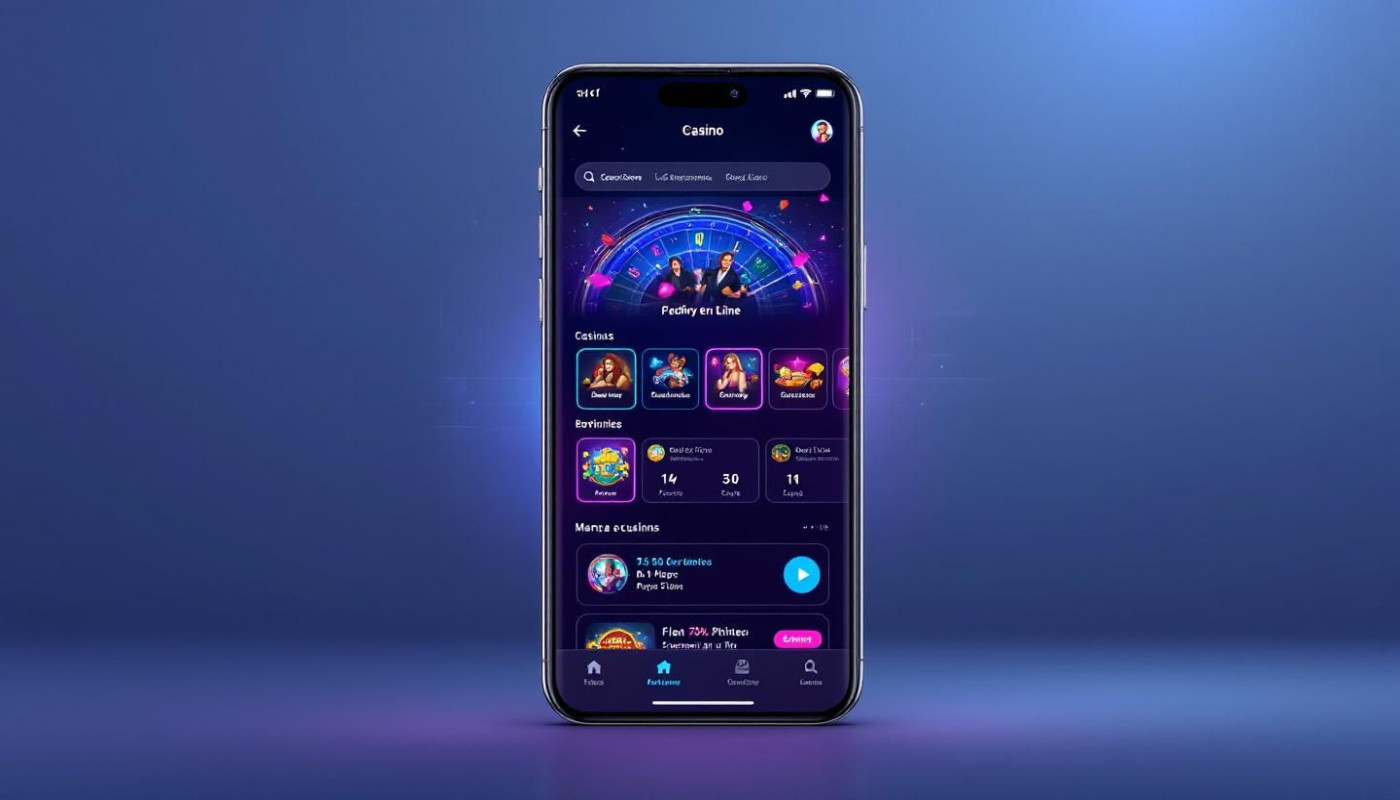Table of contents
In the dynamic world of modern technology, blockchain has emerged as a revolutionary force, reshaping various industries with its promise of enhanced security and transparency. The online casino sector, constantly at the cutting edge of technological adoption, has not been immune to this wave of change. As players seek greater trust and fair play, blockchain technology stands out as a beacon of potential transformation. Delving into this subject not only uncovers the intricacies of this digital ledger but also reveals its far-reaching effects on the online gambling landscape. This exploration will shed light on how blockchain is altering the fabric of online casinos, from the way games are played to how transactions are processed. Join us as we unravel the layers of impact that this technology is imprinting on the online gaming world, promising a future where the thrill of the game meets the security of technology. Prepare to be intrigued by the profound implications and the exciting opportunities that blockchain technology brings to the virtual casino floor.
Revolutionizing Security and Fairness in Online Gambling
Blockchain online casinos represent a transformative leap in ensuring the integrity and trustworthiness of digital betting platforms. By utilizing a decentralized ledger, blockchain technology introduces a robust layer of security that is virtually impenetrable by fraudsters. This system maintains a transparent record of all transactions, including gaming outcomes, which are publicly verifiable and cannot be altered retroactively. The innate transparency afforded by blockchain thereby enhances the trust players place in online gambling venues.
One of the pivotal features blockchain brings to the table is the concept of provably fair gambling. This mechanism allows players to verify the randomness and fairness of each game outcome, fostering a transparent relationship between the player and the operator. Such algorithms are integral in establishing an environment where trust is not just expected, but empirically validated.
Furthermore, the integration of smart contracts in gaming automates the betting and payout processes, mitigating the risk of human error or interference. These self-executing contracts with the terms of the agreement between buyer and seller being directly written into lines of code ensure that winners receive their due earnings promptly and without dispute. The assurance that these transactions will occur without the potential for manipulation is a significant boon for online gambling security. In essence, blockchain technology not only revolutionizes the way online casinos operate but also redefines the landscape of gambling fairness and security.
Tokenization and Cryptocurrency Integration
Tokenization, a pivotal feature of blockchain technology, has revolutionized monetary transactions within the digital gaming sector. This process entails the conversion of sensitive data into a unique identifier, or token, which then facilitates secure online transactions. In the realm of online casinos, tokenization has paved the way for the seamless integration of cryptocurrencies. Operators are now increasingly offering users the option to execute deposits and withdrawals leveraging digital currencies.
The incorporation of cryptocurrency in online casinos offers a myriad of benefits that align with the preferences of tech-savvy gamblers. Privacy is markedly enhanced, as crypto transactions do not typically require personal information, thus minimizing the risk of data breaches. Moreover, digital currency gambling is characterized by its speed; cryptocurrency transactions are processed at a much faster rate compared to traditional banking methods, enabling players to access their funds with minimal delay. Additionally, reduced fees are another benefit, as the decentralized nature of cryptocurrencies often leads to lower transaction costs.
The adoption of blockchain gaming tokens introduces novel business models to the online casino industry. By leveraging these tokens, casinos can offer unique gaming experiences, including provably fair games and exclusive access to certain platforms or features. For the digital-native audience, who expect efficiency and technological advancement, the use of crypto gaming transactions is increasingly becoming a standard expectation. This shift not only attracts a new demographic of players but also retains existing ones seeking innovative and secure ways to engage with online gambling platforms.
Regulatory Challenges and Solutions
As blockchain technology weaves itself into the fabric of online casinos, it encounters a complex landscape of regulatory challenges. With rules that vary widely from one jurisdiction to another, integrating blockchain into online gambling platforms presents a notable hurdle. In regions where online gambling is heavily regulated, blockchain gambling regulations must be meticulously navigated to ensure that platforms operate within legal boundaries. Conversely, in areas with lax regulations, the lack of clear legal guidelines for blockchain gambling can lead to uncertainty and potential legal risks for operators.
One of the central issues is the anonymity associated with cryptocurrency transactions, which can complicate compliance in online casinos with anti-money laundering (AML) and know your customer (KYC) regulations. This anonymity, while one of the draws for users seeking privacy, can be a point of contention for regulatory bodies requiring transparency in financial transactions. Legal blockchain gambling entities, therefore, must balance the privacy aspects of blockchain technology with the need for regulatory compliance.
To address these challenges, potential solutions include the development of standardized blockchain frameworks for online casinos. Such frameworks could foster a unified approach to compliance, helping operators meet regulatory requirements across various regions while still harnessing the benefits of blockchain technology. These standardized protocols could also facilitate international cooperation in the oversight of blockchain-based gambling activities, promoting a safer and more transparent online gambling environment.
Moreover, compliance remains the cornerstone of legal and successful operations in the gaming industry. As blockchain technology continues to mature, regulatory bodies and stakeholders in the gambling sector are increasingly recognizing the need to adapt existing frameworks to accommodate new technological advancements. Through collaboration and the establishment of best practices, the industry can help ensure that innovations like blockchain are integrated in a manner that supports both the growth of online casinos and the protection of consumers.
Impact on Player Experience and Engagement
The integration of blockchain technology has substantially transformed the online gaming landscape, offering a myriad of improvements in player experience and engagement. Boasting an unparalleled level of transparency, blockchain allows players to verify the fairness of games independently, thus instilling a greater sense of trust and confidence in the platform. This transparency is a cornerstone of the blockchain user experience, fundamentally altering how players perceive and interact with online casinos.
One of the key benefits that blockchain brings to the gaming arena is the acceleration of transaction processes. Faster transactions in gaming mean that players can deposit and withdraw funds with remarkable speed, significantly reducing the wait times that can often disrupt gaming momentum and impact player satisfaction negatively. This efficiency is largely due to the decentralized nature of blockchain, which eliminates the need for intermediaries, thereby streamlining payment processes.
Blockchain is not only enhancing existing gaming experiences but also paving the way for new, community-driven blockchain games. These games leverage the power of smart contracts to create interactive, transparent, and highly engaging environments where players have an active role in the game dynamics and economy. Moreover, the introduction of blockchain is facilitating the emergence of loyalty programs with a difference. Blockchain loyalty rewards have the potential to offer more personalized and valuable incentives to players, based on their gaming habits and preferences, leading to enhanced player engagement.
These advancements are reflective of a broader trend where technology meets user-centric design, an approach that is imperative for professionals in the gaming industry. Experts in user experience design, especially those versed in blockchain technology, recognize the necessity to craft player-focused systems that leverage smart contracts and other blockchain features. Such systems not only elevate the gaming experience but also foster a deeper connection between the casino and its patrons, creating a mutually beneficial ecosystem where trust, excitement, and innovation flourish.
Future Trends and Developments in Blockchain Gaming
The landscape of online casinos is perpetually evolving, with advancements in blockchain technology poised to play a pivotal role in shaping the industry's future. As blockchain platforms become more sophisticated, they promise to enhance the security and integrity of online gaming environments. The decentralized nature of blockchain ensures that gaming outcomes are transparent and tamper-proof, fostering trust among players and operators alike. The convergence of blockchain and virtual reality is particularly exciting, hinting at a future where immersive gaming experiences are commonplace. Such a synthesis could transport players into fully-realized digital worlds, blurring the lines between physical and virtual gaming experiences.
In the vanguard of emerging technologies in gaming, blockchain stands as a beacon of potential, offering possibilities that extend beyond current limitations. The seamless integration of cryptocurrencies for in-game transactions and smart contracts for automatized payouts are just the tip of the iceberg. With the relentless pace of technological innovation, online casinos must remain vigilant to the technological trends that could redefine the gaming landscape. The future of blockchain gambling is not just about adapting to change; it is about leading the charge in creating secure, engaging, and transparent gaming platforms that meet the high standards expected by modern players.










